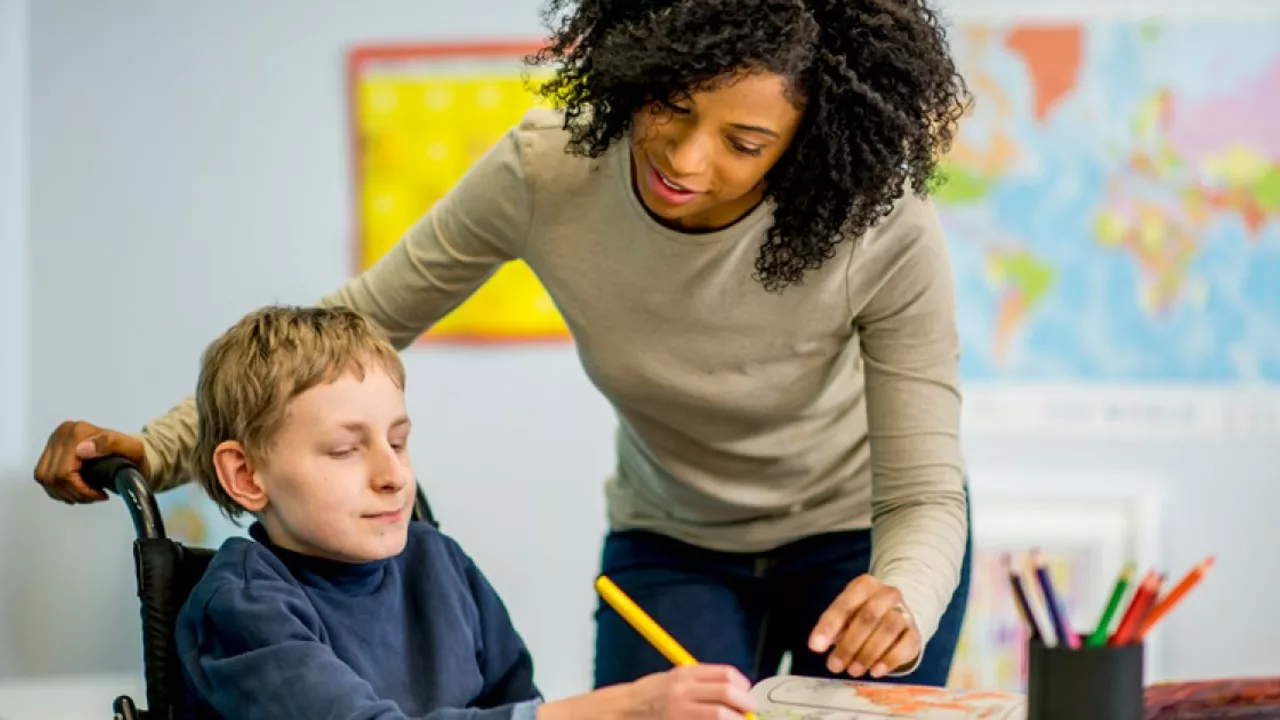Personality Traits that Power Your Music, Dance & Art Journey
Ever wonder why some people pick up a guitar and sound great right away, while others struggle for months? It isn’t just talent – it’s the mix of personality traits that drive practice, confidence and imagination. Below we break down the most useful traits for anyone learning at Chennai School of Music & Arts and show how you can nurture them every day.
1. Discipline – The Habit Engine
Discipline is simply the ability to show up and work, even when you don’t feel like it. In music, a 15‑minute daily scale routine beats a three‑hour marathon once a week. In dance, repeating a step until it feels natural builds muscle memory. Start small: set a timer for ten minutes, pick one skill, and stick to it. Over weeks the habit becomes automatic, and progress shows up faster than any talent boost.
2. Curiosity – The Creative Spark
Curiosity pushes you to explore new sounds, styles or art techniques. Try listening to a genre you’ve never heard before, or watch a dance form from another culture. Ask yourself, “What would happen if I added this rhythm?” The answers often lead to fresh ideas you can bring back to class. Keep a simple notebook or phone note titled ‘Ideas’ and jot down anything that catches your ear or eye.
Confidence is the belief that your voice matters. It grows when you perform, even in low‑stakes settings. Sign up for a school recital, a local open‑mic, or a student‑run exhibition. The more you put yourself out there, the less scary it gets. Remember, every artist starts as a beginner – confidence isn’t about perfection, it’s about perseverance.
Openness means being receptive to feedback. When a teacher suggests a different fingering or a choreographer tweaks a movement, see it as a tool, not criticism. Try the suggestion once before deciding it doesn’t work. Many breakthroughs happen after a little stretch outside your comfort zone.
Resilience helps you bounce back from missed notes, dropped beats or a sketch that didn’t turn out right. Instead of thinking “I’m terrible,” ask “What can I fix next time?” Celebrate small fixes – a cleaner transition or a smoother line – and you’ll build a positive loop.
Teamwork also matters, especially in group performances or ensemble projects at our school. Listening to others, syncing timing, and supporting teammates creates a stronger overall piece. Practice by rehearsing with a friend or joining a band class; you’ll pick up cooperation skills faster than solo work.
To turn these traits into everyday habits, try the 30‑Day Trait Challenge:
- Day 1‑10: Focus on discipline – schedule a fixed practice slot.
- Day 11‑20: Add curiosity – explore one new genre or technique each day.
- Day 21‑30: Mix confidence, openness and resilience – perform a short piece and ask for one specific piece of feedback.
At the end of the month, review your notes. You’ll likely see clear improvement in both skill and mindset.
At Chennai School of Music & Arts, our teachers integrate these traits into every class. Whether you’re picking up a violin, learning Bharatanatyam, or dabbling in sketching, the right personality traits can turn effort into enjoyment and slow progress into rapid growth.
Ready to boost your creative side? Start with one tiny habit today – set a timer, try a new rhythm, or share a short performance with a friend. The traits will follow, and soon you’ll notice a bigger smile every time you pick up your instrument or brush.
What personality traits do special education teachers have?
Well, folks, the special education teachers I know are a unique breed - they're like superheroes without capes! They're brimming with patience, because hey, Rome wasn't built in a day, right? Empathy is their middle name, understanding and relating to each student's unique challenges. Their creativity is off the charts, always finding new ways to teach and inspire. And let's not forget resilience, bouncing back from any setback with a grin that says, "Bring it on!" So, hats off to these remarkable individuals!
VIEW MORE